Artificial intelligence (AI) has revolutionized various industries, and auditing and taxation practices are no exception. AI technologies have brought about significant advancements in efficiency, accuracy, and data analysis capabilities, empowering auditors and tax professionals to enhance their services and provide more value to clients.
Below are some of the points on how AI has been beneficial to auditing and taxation practices, transforming traditional approaches and improving overall outcomes:
- Automated Data Analysis and Processing: AI-powered tools have automated the process of data analysis, enabling auditors and tax professionals to handle large volumes of information efficiently. AI algorithms can quickly scan and extract relevant data from documents, reducing the time-consuming task of manual data entry. This automation allows professionals to focus on higher-value activities, such as interpreting results, identifying patterns, and providing strategic insights to clients.
- Improved Accuracy and Risk Detection: AI algorithms are trained to identify anomalies and patterns in financial data, helping auditors and tax professionals detect potential errors, fraud, or compliance risks. These algorithms can analyze vast datasets and flag suspicious transactions or discrepancies that might otherwise go unnoticed. By leveraging AI technologies, auditing and taxation practices can significantly enhance the accuracy and reliability of their assessments, minimizing the risk of errors and improving the overall quality of financial reporting.
- Enhanced Compliance and Regulatory Adherence: Compliance with ever-evolving tax regulations and financial reporting standards is a complex and critical aspect of auditing and taxation practices. AI-powered systems can help ensure adherence to these regulations by continuously monitoring and analyzing data against specific compliance requirements. These tools can identify inconsistencies, flag potential non-compliance issues, and provide recommendations for corrective actions. By leveraging AI for compliance management, auditors and tax professionals can minimize the risk of penalties and non-compliance, fostering trust and transparency in their engagements.
- Predictive Analytics and Insights: AI technologies enable auditors and tax professionals to go beyond traditional retrospective analysis and embrace predictive analytics. By leveraging machine learning algorithms, professionals can identify trends, predict future outcomes, and offer proactive advice to clients. For example, AI can analyze historical financial data to forecast potential tax liabilities or assess the impact of regulatory changes on businesses. This shift towards predictive analysis empowers professionals to provide strategic insights and guidance to clients, enabling them to make informed financial decisions and optimize their tax planning strategies.
- Enhanced Client Service and Collaboration: AI-powered tools facilitate seamless collaboration between auditors, tax professionals, and their clients. Cloud-based platforms equipped with AI capabilities allow real-time sharing of financial data, easy access to reports, and improved communication channels. This increased transparency and accessibility enable auditors and tax professionals to provide more responsive and personalized services to their clients. AI-powered chatbots and virtual assistants also help address client queries promptly, offering immediate support and enhancing client satisfaction.
The integration of AI technologies into auditing and taxation practices has transformed traditional processes, empowering professionals to operate more efficiently, accurately, and strategically.
From automated data analysis to predictive insights, AI has revolutionized the industry, enabling auditors and tax professionals to deliver higher-quality services, identify risks, ensure compliance, and provide valuable advice to clients.
As AI continues to evolve, it is crucial for professionals in the auditing and taxation field to embrace these advancements and harness the power of AI to unlock new levels of efficiency, accuracy, and client satisfaction.

